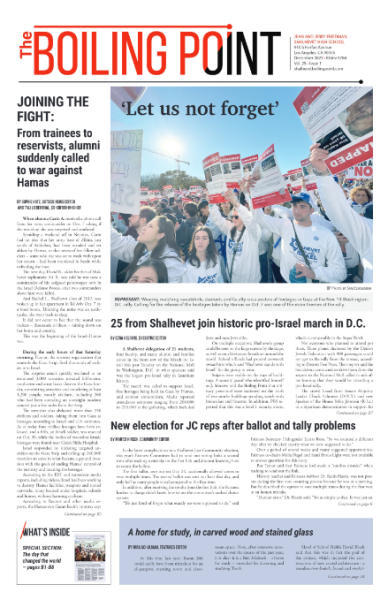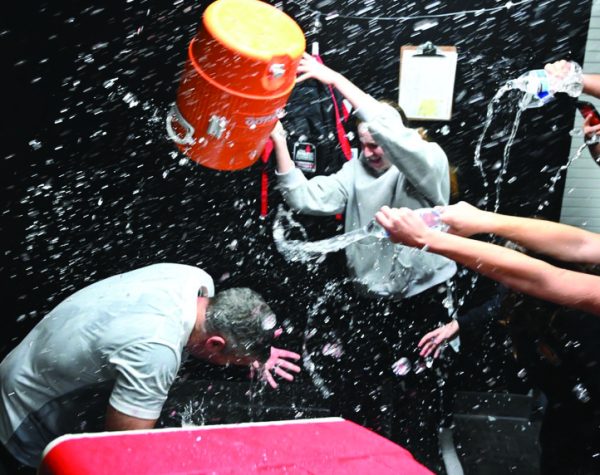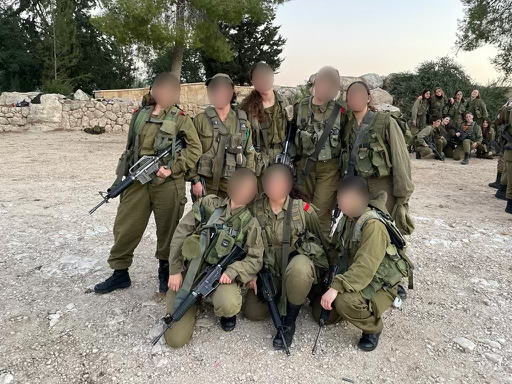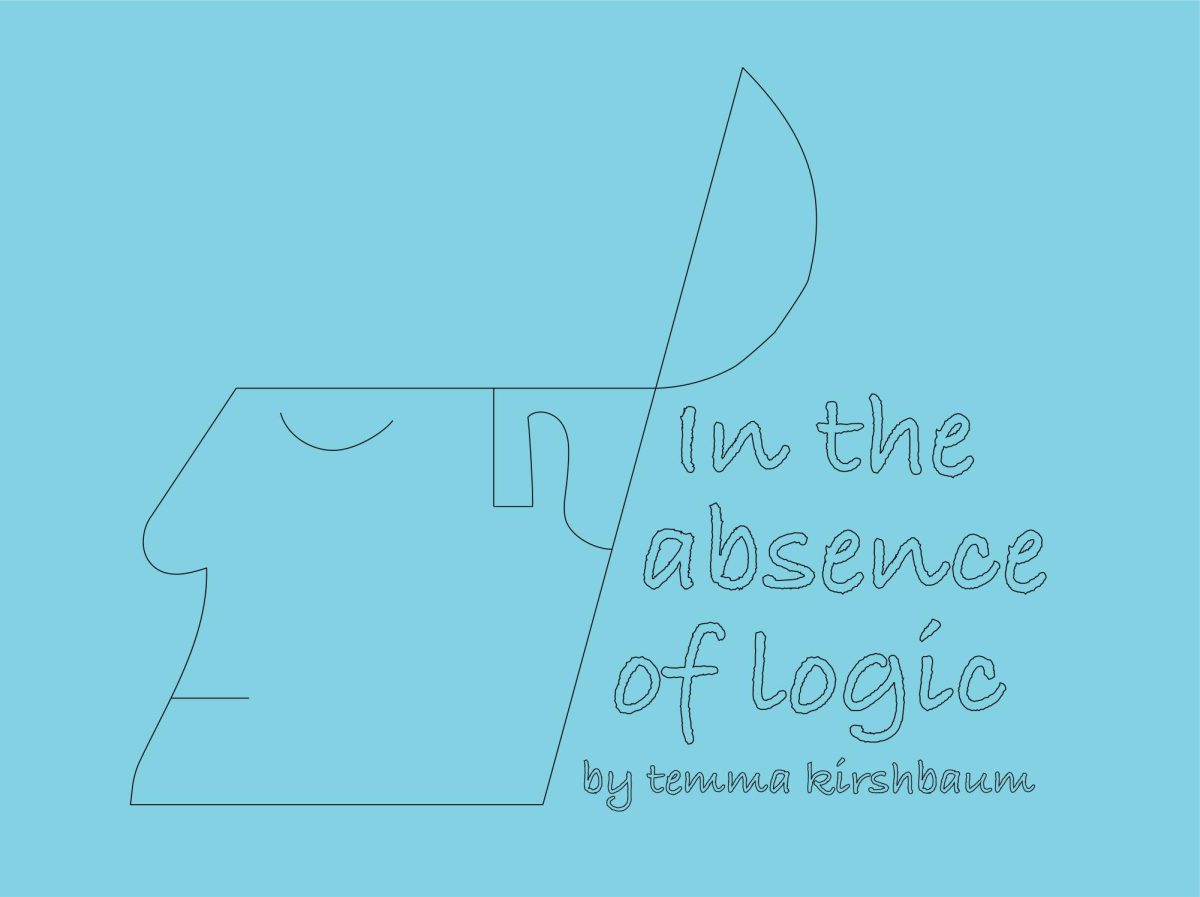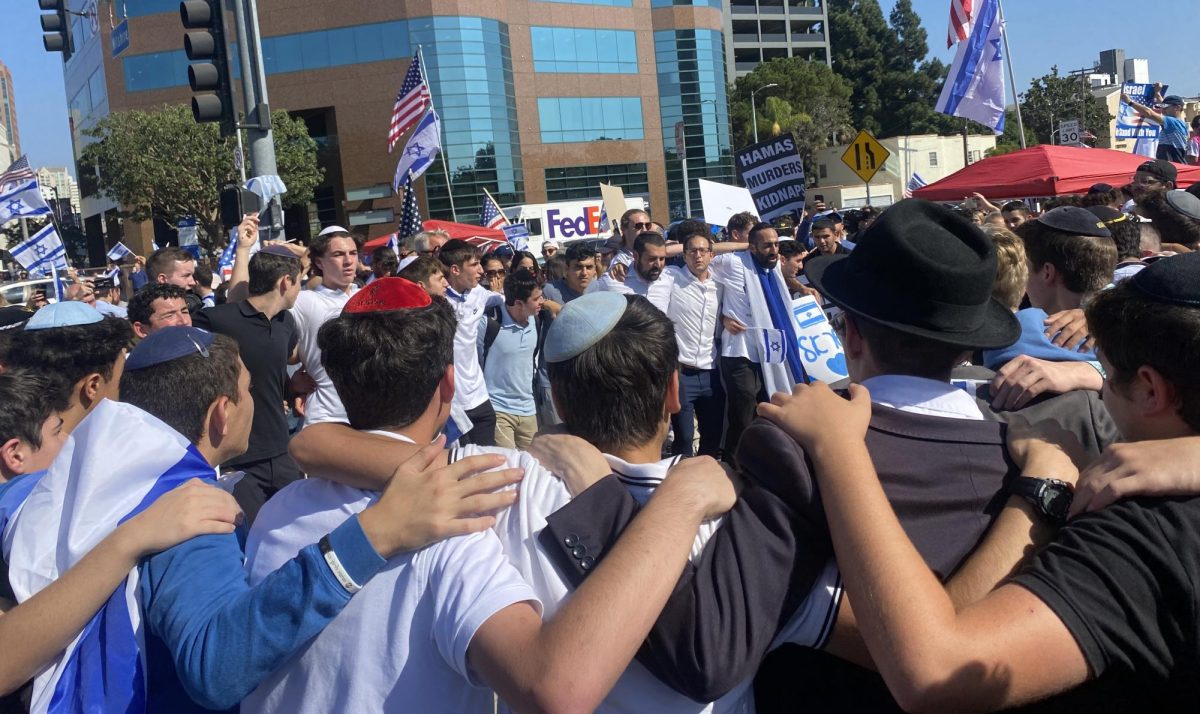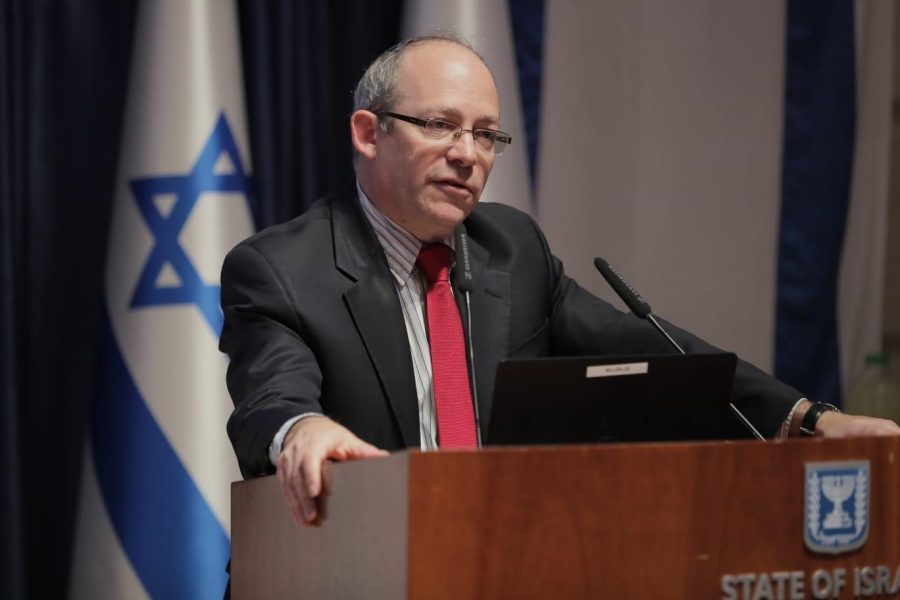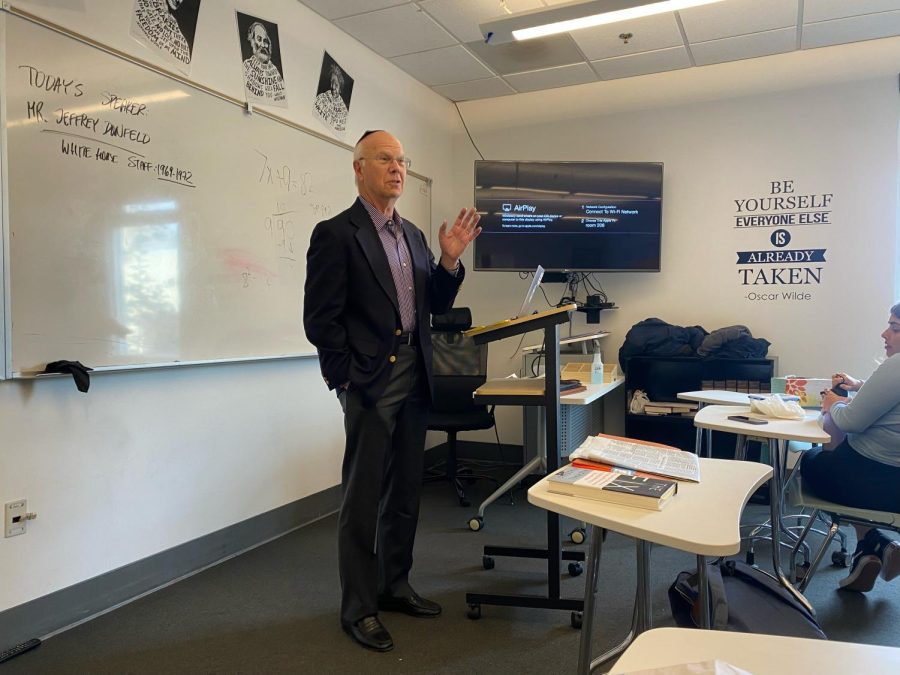Although students at Shalhevet may start dating before girls at Bais Yaakov, they’re probably farther away from marriage. Most girls in Los Angeles’ Haredi community expect to begin the shidduch – matchmaking – process when they return from a year of seminary after high school.
“You realize it’s very smart, the system,” said Leora, 21, a Bais Yaakov alumna currently going through the shidduch process. “Once you go out for marriage it’s serious– because at the end of the day why are we here?”
“My purpose in life is not to have a career,” she said, though she plans to study nursing at a secular college. “It’s to raise Haredi children.”
According to numerous conversations with Haredi teens and 20-somethings, the shidduchim process usually begins by giving a resume with family information and references to a matchmaker, or shadchen, who will then try to find a match. Each family then will typically research the other for a few weeks, speaking to multiple sources before agreeing that their children should meet.
“When a certain amount of research is done by the parent beforehand, it eliminates a lot of the difficulties that are out there in the young adult world,” said Elchonon Cohen, 22, who plans on starting the shidduch process soon.
He says he feels no pressure to marry young and that he’ll date a girl for “as long as it takes.” Depending on “her ideas and her wants,” he said, she might work outside the home.
Leora has been on dates with five different people, including one when she flew to New York to meet the person. Dates are in public places like restaurants or hotel lobbies.
On a date, she tries to discover the man’s character traits, religious observance and “what kind of house he wants to build.”
“I don’t want a T.V. in the house or non-Jewish music,” said Leora. “The point is to get to see if you’re compatible – to see if you have the same goals, if you want the same lifestyle.
“By the third date you usually know,” she added. “You’re forced to see into their soul.”
If she doesn’t see a future with a date, she’ll say no through the matchmaker, making the process less confrontational. “Most of us are looking for the same thing,” said Rachel, a senior at Bnos Esther. “Someone who stays in learning for a few years, and then goes on to be a rabbi or teach Torah. It’s not something we need to be preached to about – it’s more like that’s what our fathers do.”
Hannah, a senior at Bais Yaakov, said she hoped her husband wouldn’t work for a secular company, since she might find its social events uncomfortable.
“I would want him to go into some kind of education or work for a Jewish organization,” said Hannah.
According to Rabbi Yoel Bursztyn, Educational Director at Bais Yaakov, that school has a shadchen on salary who flies in from the East Coast a few times a year in order to meet as many alumnae as possible who have returned from seminary and are ready for a match.
But some say the system has drawbacks.
“The shidduch world puts unnecessary pressure on people,” said Leah, 23, a Bais Yaakov alumna studying at Southwestern Law School in Los Angeles.
She cited the resume people turn in, which can include details like whether the boy wears a white or colored shirt during the week.
“It’s very impersonal and it’s very superficially based,” said Leah. “Some matchmakers have been known to tell girls it’ll be easier to find a shidduch if you lose 10 pounds or if you wear a bit more make-up. People want to marry into a more religious family because it seems more prestigious.
“People do all this research, but other things – is this person patient, is he considerate – people forget. It’s very on paper ‘how good does this person look?’”
On the other hand, she thinks the system works well for people who are very insulated.
“College was a weird experience because it was a mixed environment I was never in,” she said. “How am I supposed to understand relationship aspects of how guys and girls work if I’ve never been friends with a guy?”
Perhaps that’s why in the Haredi world, where faith is cited in every decision, the shidduchim system is alive and well.
“Matchmakers are very busy,” said Leora. “It’s all from God.”











